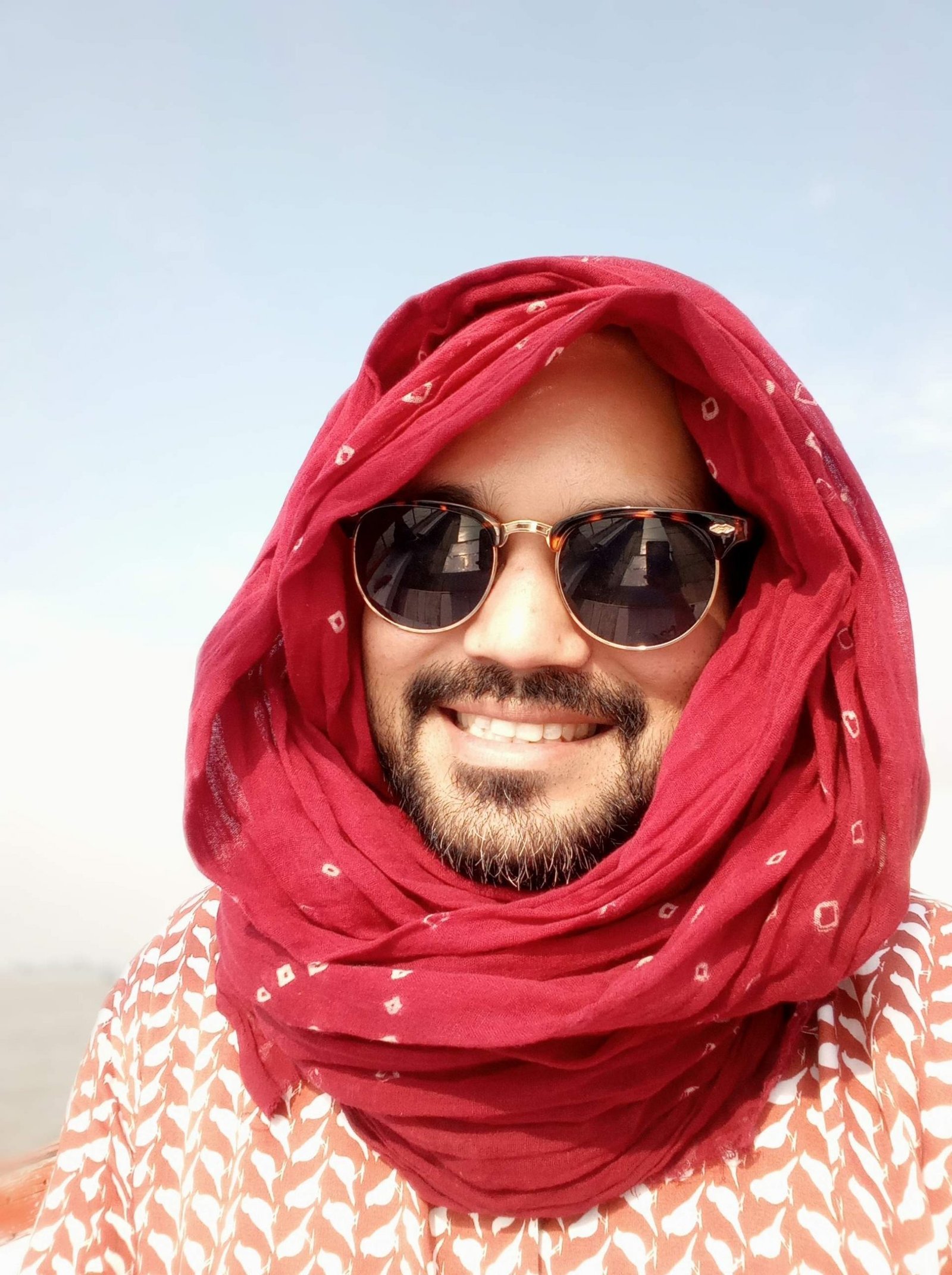Gourab Ghosh: The First Queer Candidate to Contest JNU Elections
Breaking Barriers at JNU
In 2013, Gourab Ghosh made history as the first openly gay candidate to contest student elections at Jawaharlal Nehru University (JNU). His candidacy was more than a political act it was a bold statement for visibility, acceptance, and inclusivity on campus.
From Student to Queer Trailblazer
Gourab began his Master’s in English at JNU in 2006. At the time, the university had no Queer friendly facilities no separate hostels, washrooms, or institutional support for LGBTQ+ students. By the time he stepped into electoral politics in 2013, he was determined to change that.
Though he did not win, his campaign placed queer issues at the centre of JNU’s student politics for the very first time.
Building Queer Spaces on Campus
Gourab’s activism didn’t start or end with elections.
- In 2008, he organized a queer film screening to amplify LGBTQ+ voices.
- He later helped build Hasrat Ein, JNU’s third queer collective, which grew into a strong student movement.
- In 2015, a Rainbow Walk on campus inspired by Gourab became a visible symbol of pride at JNU.
For Gourab, queer collectives were not just for students, but for the entire university community, including teachers and staff.
Art as Activism
Beyond politics, Gourab used theatre as a medium of resistance, creating performances that challenged stereotypes and called for inclusivity. His work as both an academic and artist ensured that queer politics in JNU wasn’t just about representation but also about cultural transformation.
Gourab on Queer Politics in India
In an interview, Gourab reflected:
“I do not think India has something called a queer struggle movement. Every struggle that the LGBT community goes through is the struggle of queer rights in India. Queer rights are political rights, and solidarity is the only way forward.”
Why Gourab’s Story Matters
- Visibility creates change: His candidacy made queer presence undeniable in campus politics.
- Institutional support is vital: Without recognition, queer collectives struggle to survive.
- Queer politics is political rights: Ghosh’s fight reminds us that LGBTQ+ struggles are inseparable from broader social justice movements.
Today
Currently pursuing his Ph.D. at JNU, Gourab continues to push for inclusivity, equality, and queer visibility proving that even without electoral victory, activism can transform institutions.







